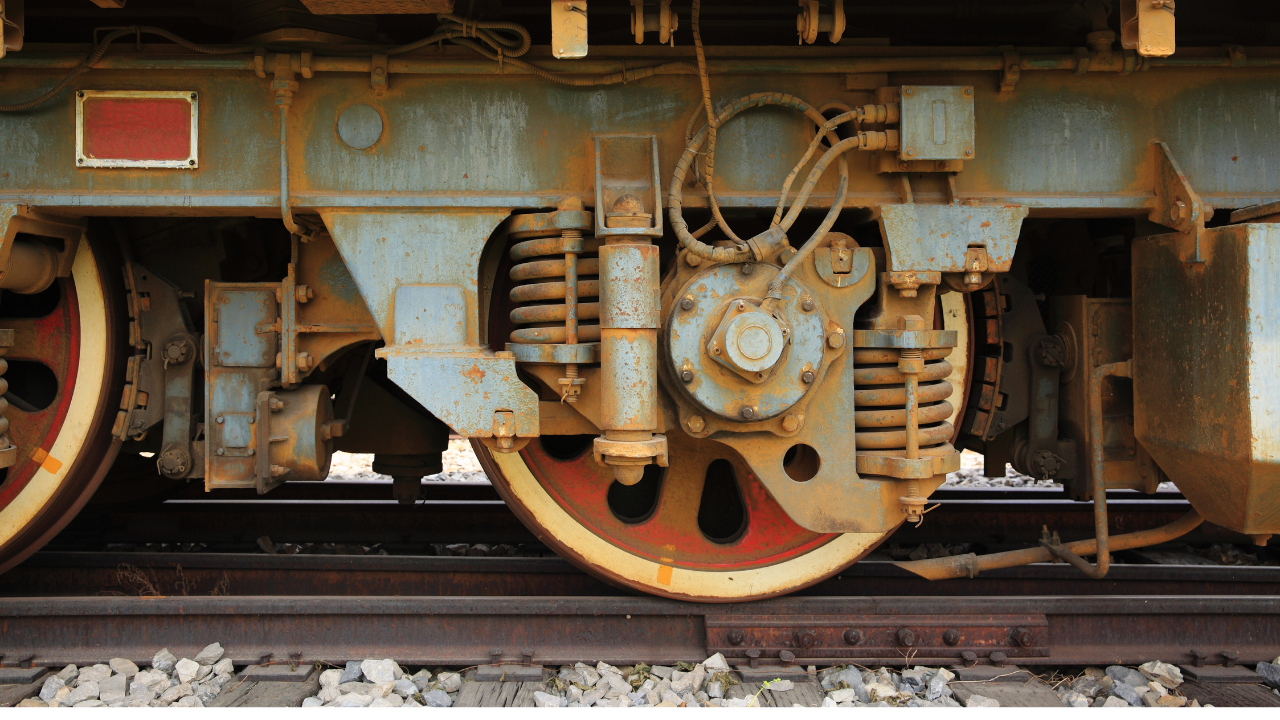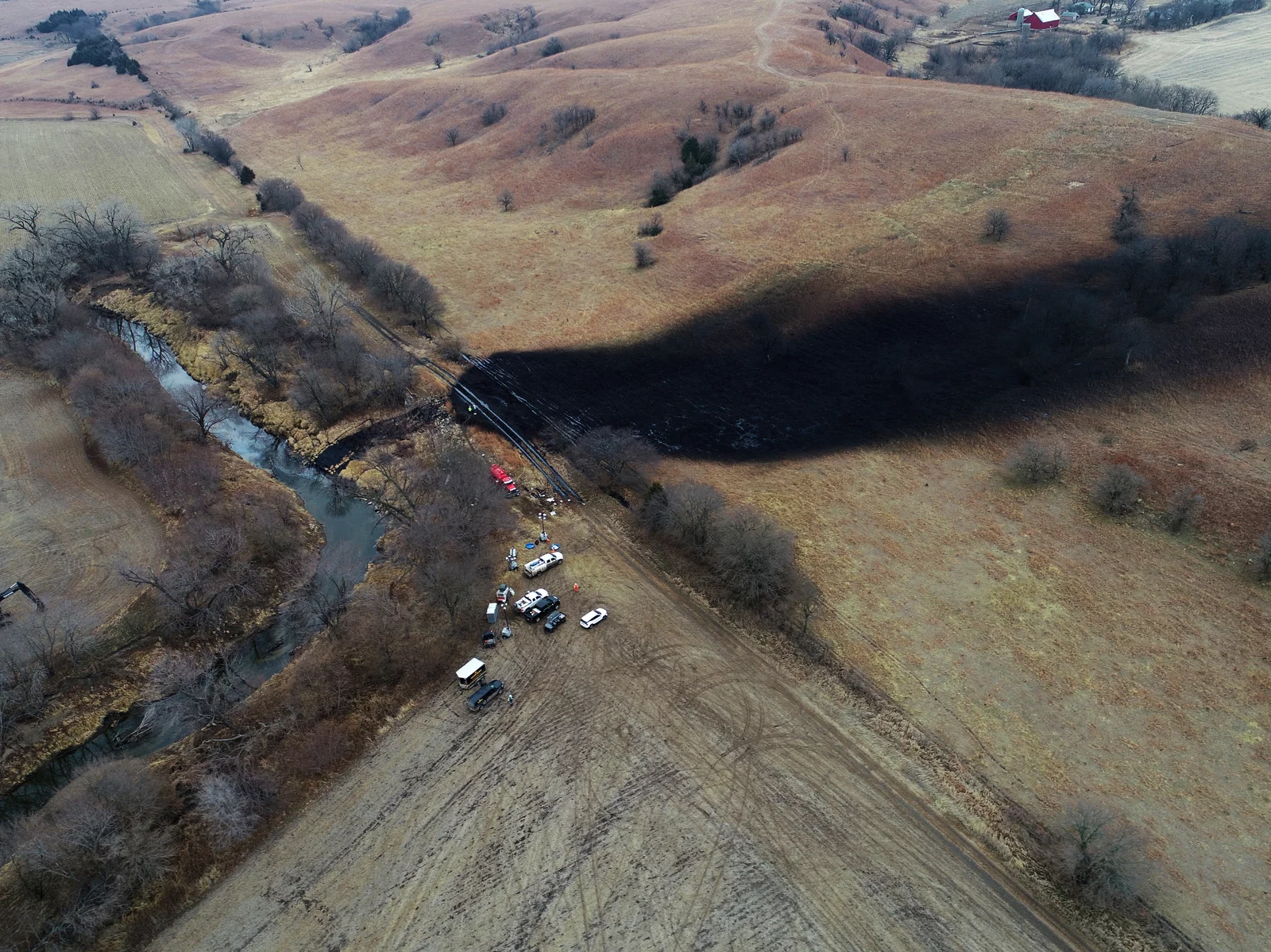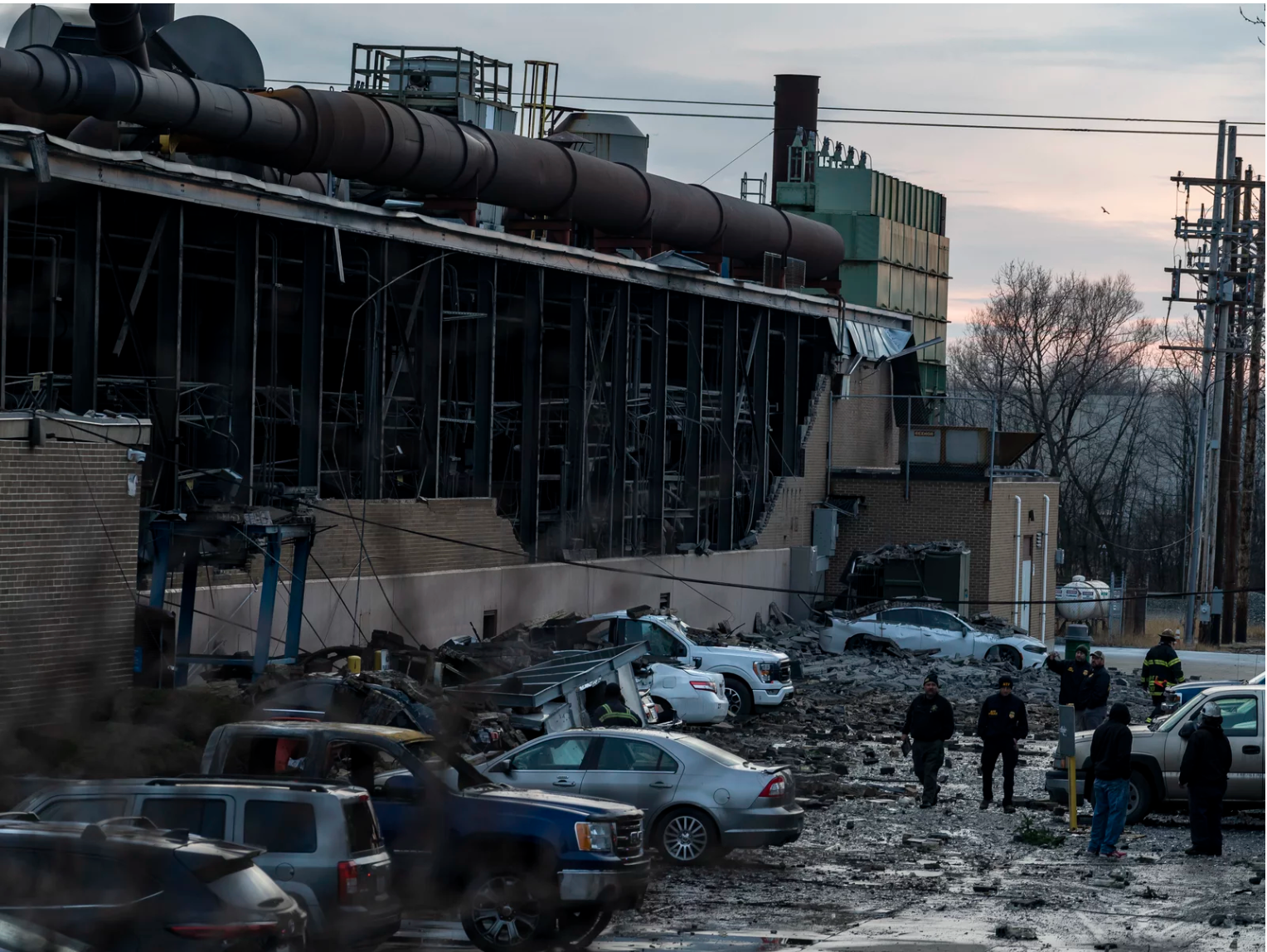NTSB Report Points to Natural Gas Leak as Catalyst in Chocolate Factory Explosion
Natalie Johnson
Posted 07/26/2023
On March 24, 2023, a deadly explosion erupted at a chocolate factory in West Reading, Pennsylvania. The explosion at the R.M. Palmer Co. plant occurred around 4:55 pm, flattening one building and damaging several structures nearby. As a result of the incident 7 people lost their lives, 11 were injured, and 3 families were displaced from their homes. The National Transportation and Safety Board’s (NTSB) most recent report concluded a natural gas leak may have contributed to the chocolate factory explosion.
The NTSB report demonstrated concerns over a leaking DuPont Aldyl A service tee that was installed in 1982. This part is a polyethylene plastic gas pipeline product manufactured by DuPont using a proprietary polymer resin.
The service line to this particular tee was retired in 2021 when UGI Corporation performed work on the natural gas lines at the R.M. Palmer Co. plant. The two natural gas lines were moved from the basement of the building to the outside. During this work, the service line to the 1982 tee was retired, however, the tee remained connected to the natural gas system which was fully pressurized. In addition to a leak found on the 1982 service tee, a leak was also found on the newly installed 2021 service tee.
While investigating the natural gas pipeline, it was noted that the 1982 service tee was located less than 2 feet from subsurface infrastructures that run between the two buildings at the plant. These pipelines include steam, condensate, and heated chocolate pipelines. Federal investigators reported general corrosion and a crack in the steam line.
Scientists and Engineers at the NTSB Material Laboratory closely examined the 1982 service tee and revealed the tower consisted of an outer shell and a Dupont Delrin® insert. Fractography showed the fracture in the tower started on its inner diameter service.
As seen in the images below, the outer shell fractured longitudinally near the base while the lower portion of the insert fractured transversely near the base. The upper portion of the insert was not recovered from the scene.
Prior to the incident, two separate organizations noted quality issues pertaining to this particular product. In 2007, the Pipelining and Hazardous Materials Safety Administration (PHMSA) added Aldyl A service tees with Delrin® inserts to their list of pipe materials with poor performance histories linked to brittle-like cracking. Additionally, the Gas Piping Technology Committee (GPTC) in conjunction with the American National Standards Institute (ANSI) issued a Guide for Gas Transmission, Distribution, and Gathering Pipe Systems in 2022 that also highlighted concerns about the quality of the service tee.
The guide noted that DuPont taping tees with Delrin® polyacetal (homopolymer) inserts installed in gas systems from the 1960s-1980s have low-ductile inner walls that make them susceptible to failure. These organizations recommended the tees be replaced when discovered, noting they can be distinguished by a black gap, male threads, and tan PE body.
Post-accident employee interviews conducted by NTSB investigators corroborated the finding that there was in fact a natural gas leak on the day of the incident. Multiple production employees remembered smelling natural gas while sanitizing equipment and office employees reported they smelled an odor similar to rotten eggs around the same time.
A wrongful death lawsuit claims employees notified Palmer management of a natural gas odor, but management failed to respond appropriately. This claim is part of an ongoing lawsuit where an official ruling has not yet been made.
The NTSB is conducting further investigations to determine the exact cause of the incident, but preliminary reports indicate the chocolate factory explosion and subsequent fires were fueled by natural gas. Findings from the final report will be published on Maintenance World in the next couple of months when the NTSB determines the official cause.
This information was collected directly from the National Transportation and Safety Board, read the full report on their website.

Natalie Johnson
Natalie Johnson is the previous editor/website administrator for MaintenanceWorld.com, and is currently a student at Campbell University Norman Adrian Wiggins School of Law.
Related Articles

Cardinal Manufacturing, Helping to Bridge the Manufacturing Skills Gap

South Carolina Ranked as the #1 State for Manufacturing

The Decade of American Reshoring
Lost Radioactive Capsule Proves Preventive Maintenance is as Important as Ever

HBD Condition Monitoring Devices at the center of Ohio Derailment

Failure Analysis Uncovers the Cause of the Keystone Oil Spill




